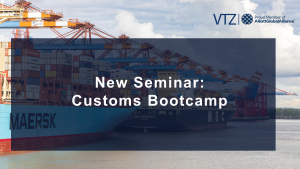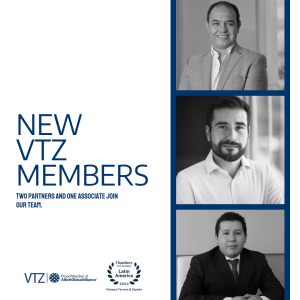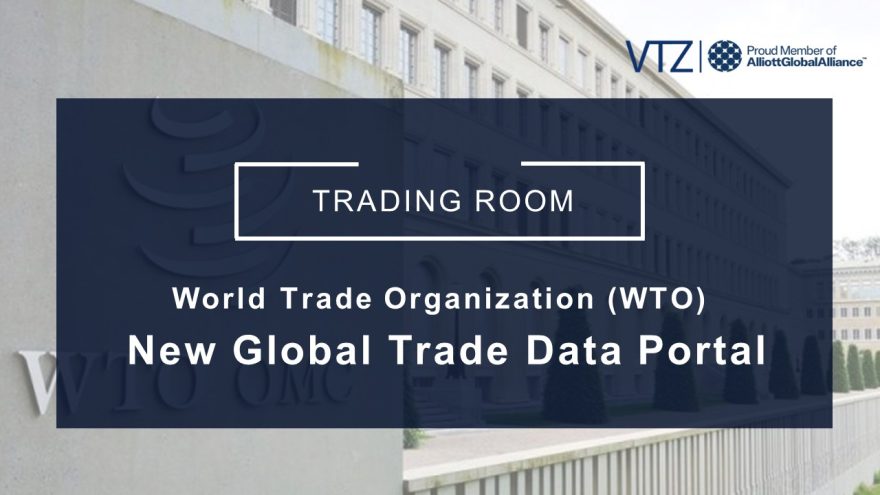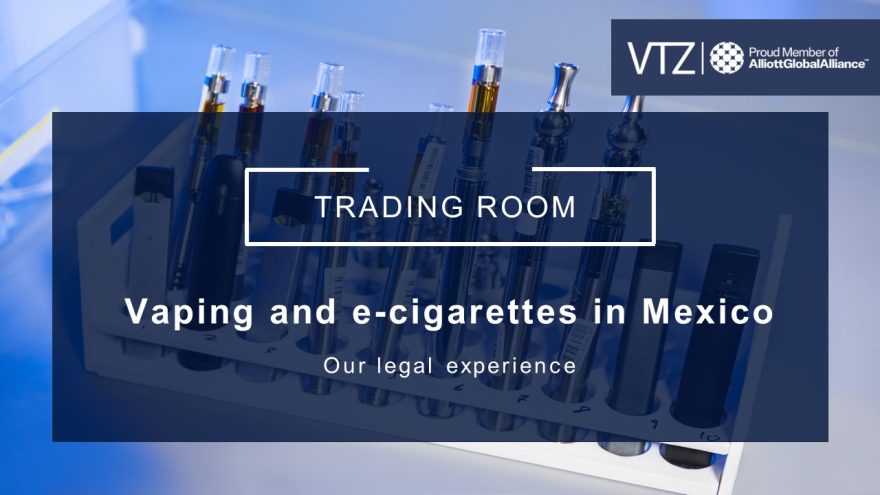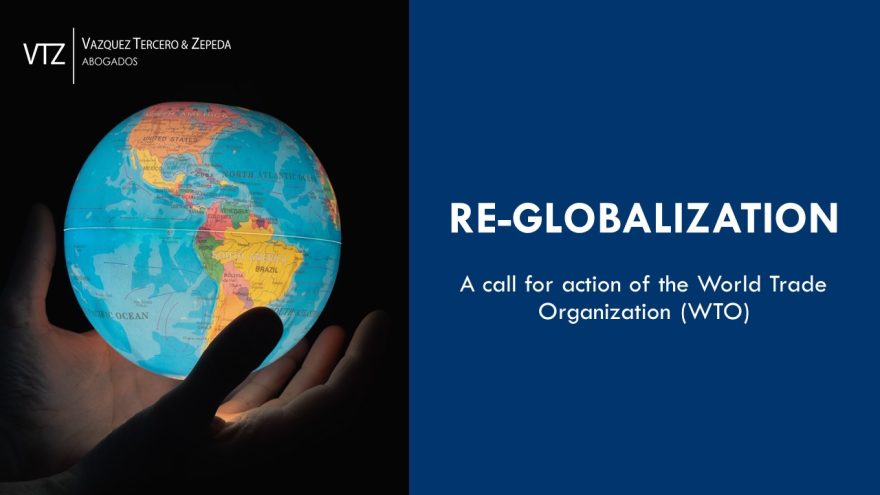USMCA Hotline for Labor Complaints
On Monday, August 3, the United States Embassy in Mexico published, on its Twitter account, the «USMCA Hotline», which is a platform to receive complaints or information on labor matters. This should not come as a surprise because it was foreseen in article 717 of the USMCA Implementation Act.
El Comité Laboral Interinstitucional para Monitoreo y Aplicación Laboral de #EEUU ha establecido un sitio electrónico multilingüe para recibir información confidencial sobre cuestiones laborales de partes interesadas en países integrantes del #TMEC. https://t.co/fEhcRJbD1J
— Embajada EU en Mex (@USEmbassyMEX) August 4, 2020
Through this «Hot-Line», people will be able to write confidentially, either anonymously or by leaving their contact details, about issues related to «denials» of labor rights.
In essence, this mechanism will allow the gathering of information and testimonies that could eventually be used to present a USMCA «labor case». Notwithstanding the foregoing, it is important to mention that if a party (e.g. the US) wishes to activate the rapid response mechanism, for example, the complaining party must have «good faith basis»; that is, having credible evidence or causes. In this sense, one or several anonymous complaints – by themselves – can hardly be classified as a good faith basis. However, a complaint through the USMCA Hotline can trigger the investigation by the US labor attaches in Mexico and, therefore, obtain additional evidence or elements to support a USMCA labor review.
Tariffs in North America
On Thursday, August 6, 2020, President Trump announced the «re-imposition» of tariffs on certain Canadian aluminum products because they were «flooding» the American market and, therefore, such measures are necessary to protect the industry from the USA based on section 232 of the Trade Expansion Act.
The proclamation can be found at the following link: Proclamation on Adjusting Imports of Aluminum Into the United States.
Steel and aluminum from Mexico (as well as from Canada) were also subject, at the time, to tariffs in the US for national security reasons. However, these tariffs were eliminated on May 19, 2019, as we reported.
By virtue of the actions of the US government, the Mexican government will increase the «control» of steel and aluminum exports through an automatic license, as reported in a media outlet, for the purpose of avoiding the increase of exports through transshipment.
SAT Requests Retroactive Payment of Fees for Certified Companies
On Monday, our firm organized a webinar on the alert issued by the Tax Authorities (SAT) on Wednesday, August 5, which defines the guidelines for the retroactive payment of fees for those companies that obtained their registration as under the Certified Company Scheme.
Our partner Eduardo Zepeda, leader of the practice regarding the legal aspects of the manufacturing or maquila industry, commented that this issue is «regrettable and worrisome», pointing out the numerous deficiencies in the legal grounds and reasoning on behalf of the SAT.
For his part, Eduardo González, leader of the litigation practice, presented the recommended legal strategy to avoid possible reprisals from the SAT, such as the non-renewal of the Certified Company Scheme registration (VAT / IEPS Certification, OEA, among others).
Should you wish more information on the recommended legal strategy, please let us know.



